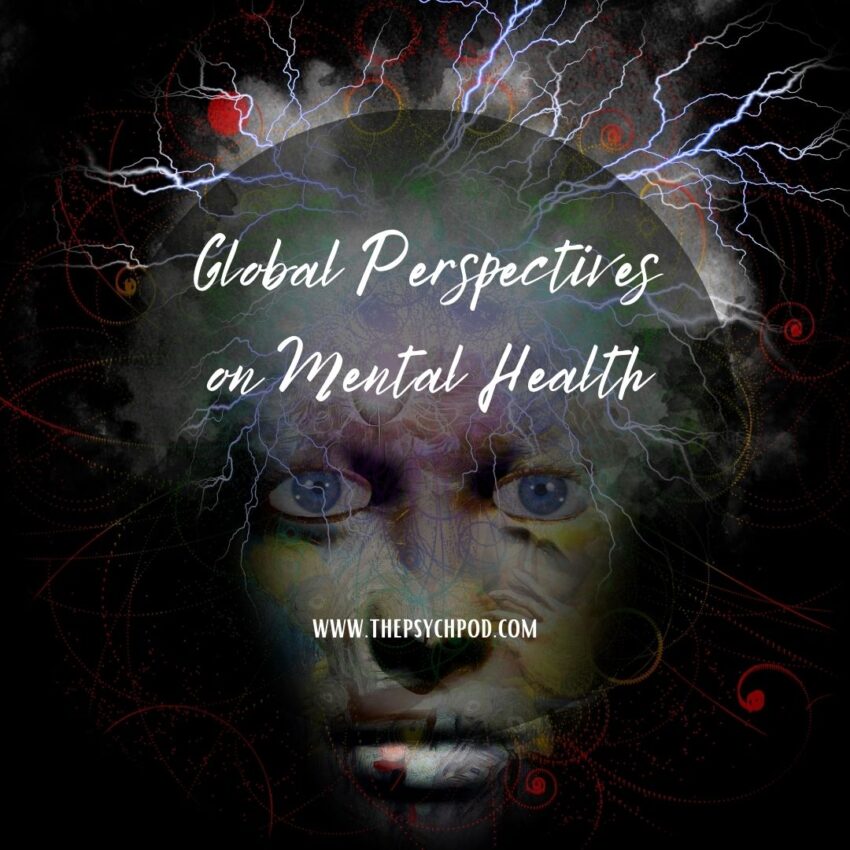Mental health is a multifaceted issue that is perceived and addressed differently across the world. Cultural, societal, and historical contexts shape these perspectives, influencing how mental health is understood, discussed, and treated. Here’s an exploration of how mental health is viewed in various parts of the world:
Western Countries (United States, Canada, Western Europe):
In many Western countries, there has been a significant shift in attitudes towards mental health. Mental illness is increasingly recognized as a legitimate health concern deserving of support and treatment. Efforts to reduce stigma and increase awareness have led to greater acceptance and openness about mental health issues. However, challenges such as access to care, affordability, and the quality of services remain.
Eastern Cultures (Japan, China, South Korea):
In Eastern cultures, mental health issues are often stigmatized, leading to reluctance to seek help and underreporting of symptoms. There is a strong emphasis on maintaining social harmony and saving face, which can contribute to the silence surrounding mental health challenges. Traditional healing practices, family support networks, and community ties may play a significant role in addressing mental health issues.
African Communities:
In many African communities, mental health is often understood through a holistic lens that encompasses spiritual, social, and psychological dimensions. Mental illness may be attributed to supernatural causes or ancestral spirits. Stigma and misconceptions surrounding mental health persist, leading to barriers in accessing care and support. However, there is a growing recognition of the importance of integrating mental health into broader healthcare systems.
Middle Eastern and South Asian Countries:
In some Middle Eastern and South Asian countries, mental health issues are often surrounded by stigma and secrecy. Cultural beliefs and religious practices may influence perceptions of mental illness, with some viewing it as a moral failing or punishment. Access to mental health services may be limited, and there can be a lack of trained professionals to address the complex needs of individuals experiencing mental health challenges.
Latin America:
In Latin American countries, attitudes towards mental health vary widely. While there is increasing awareness of mental health issues, stigma and discrimination persist in many communities. Traditional healing practices, indigenous beliefs, and spiritual ceremonies may coexist with modern psychiatric treatments. Efforts to integrate mental health into primary care settings and promote community-based interventions are underway.
In conclusion, while progress has been made in raising awareness and reducing stigma, significant challenges remain in ensuring equitable access to quality mental health care for all individuals. By embracing cultural diversity, promoting empathy, and fostering collaboration, we can work towards creating more inclusive and supportive environments for mental health globally.
Dr. Velmi, Psy.D.
